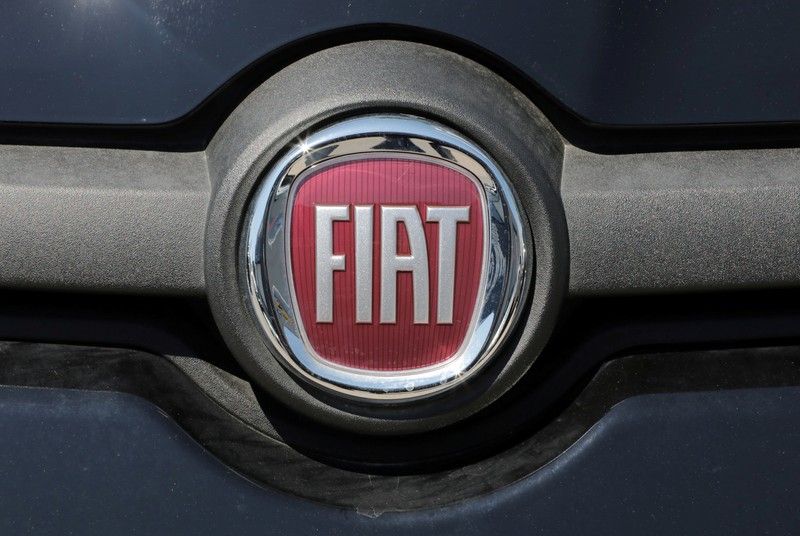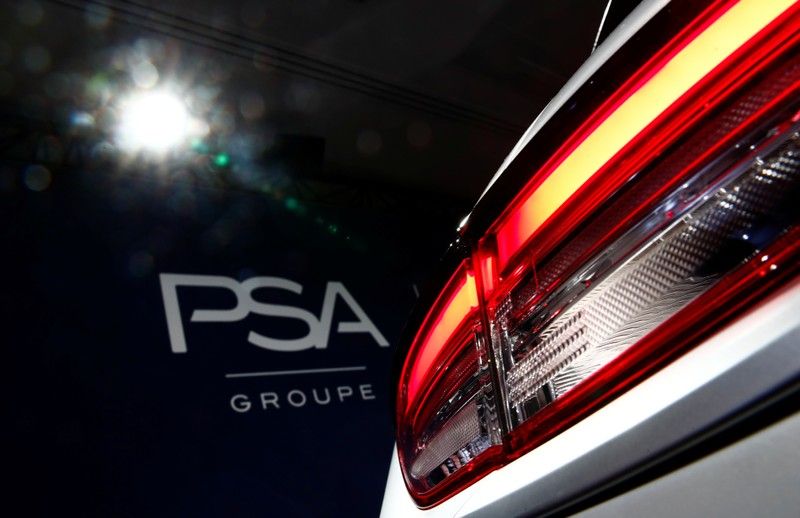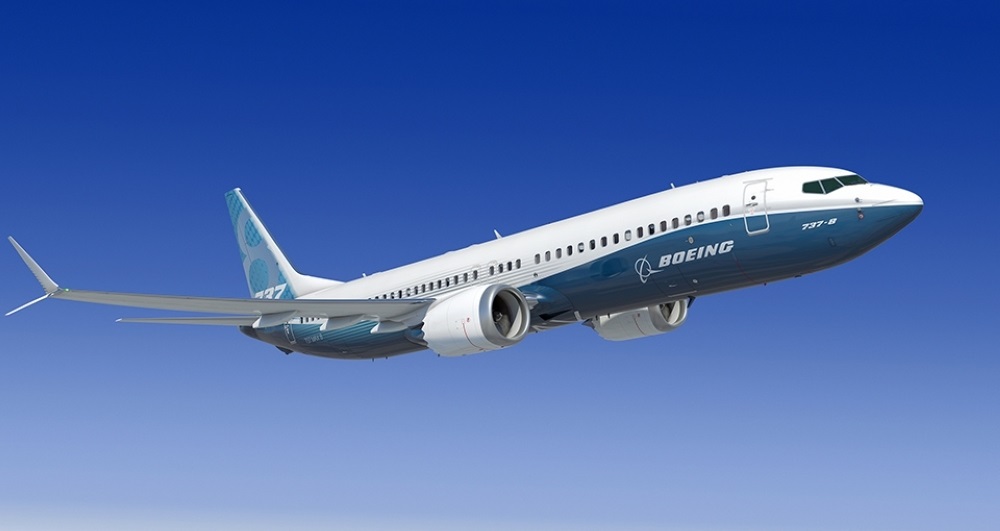
(Reuters) – Fiat Chrysler and Peugeot owner PSA are in talks to combine in a deal that could create a $50 billion (£38.88 billion) automaker, a source familiar with the matter said on Tuesday.
Fiat Chrysler shares rose sharply after news of the talks and ended up more than 7.5% in U.S. trading. The companies and the French government had no comment.
The Wall Street Journal first reported the discussions. PSA’s supervisory board was due to meet on Wednesday to discuss the potential merger, another source close to the matter said.
If a combination of Peugeot and Fiat Chrysler succeeded in overcoming political, financial and governance hurdles, the new enterprise would still face substantial challenges. Global automakers face the prospect of a slowdown in global demand coinciding with the most dramatic technology changes in a century.
Peugeot Chief Executive Carlos Tavares has predicted “ten years of chaos” for global automakers as regulators demand a switch to electric vehicles to reduce emissions linked to climate change.
Investors have speculated for several years that Fiat Chrysler was hunting for a merger partner, encouraged by the rhetoric of the company’s late chief executive, Sergio Marchionne.
In 2015, Marchionne outlined the case for consolidation of the auto industry and tried unsuccessfully to interest General Motors Co in a deal. Fiat Chrysler earlier this year broached a merger with French automaker Renault SA that ultimately collapsed.
Created when Fiat, under Marchionne’s leadership, bought control of Chrysler out of a U.S. government-backed bankruptcy in 2009, Fiat Chrysler has one of the global auto industry’s most profitable franchises in the Jeep sport utility vehicle brand and a money-spinning North American pickup and commercial van operation in Ram. Both would boost Peugeot, which does not sell vehicles in the U.S. market.
Peugeot and Fiat Chrysler could over time share engines and vehicle architectures, reducing capital spending and freeing up cash to invest in electric vehicles and emissions reduction technology required in Europe, China and other global markets.
Fiat Chrysler is under increasing pressure to invest in clean car technology. The company disclosed earlier this month that it faces a $79 million fine for falling short of U.S. fuel efficiency standards. Fiat Chrysler agreed to pay U.S. electric car maker Tesla Inc for credits to help it comply with European emissions standards until 2022.

Evercore analyst Arndt Ellinghorst in a note on Tuesday said a combination of Fiat Chrysler and Peugeot “should ignite more rational industry behavior around allocation of capital and this particular merger makes materially more sense than a potential FCA-Renault merger.”
Peugeot and Fiat Chrysler had discussed a combination earlier this year, before Fiat Chrysler proposed a $35 billion merger with Renault. At that time, Fiat Chrysler said a deal with Renault offered more advantages than a combination with Peugeot.
Fiat Chrysler Chairman John Elkann broke off talks with Renault in June after French government officials intervened and pushed for Renault first to resolve tensions with its Japanese alliance partner, Nissan Motor Co.
Following the collapse of the Renault merger plan, Fiat Chrysler CEO Mike Manley left the door open for talks with would-be partners. But he said the Italian-American automaker could go it alone despite mounting costs to develop electric vehicles and comply with tougher emissions rules in Europe, the United States and China.
Along with Jeep and Ram would come Fiat’s Italian operations, which have struggled in recent years. Fiat’s Mirafiori assembly complex in its home city of Turin has run below 50% capacity, with thousands of workers on temporary layoffs.
Overall, Fiat has 58,000 workers in Italy, where the government has long resisted mass lay-offs by large employers.
Peugeot’s Tavares dismissed the idea of a combination with Fiat Chrysler during a discussion with reporters at the Frankfurt auto show last month. “We don’t need it,” he said when asked whether he was still interested in a deal with Fiat Chrysler.
Tavares has moved aggressively to expand Peugeot, acquiring German auto brand Opel from General Motors Co for $2.6 billion in 2017. Since then, he has overseen a turnaround at Opel.
Fiat Chrysler already has a commercial vehicle partnership with Peugeot.
(Reporting by Dominic Roshan K.L. in Bengaluru; Editing by Maju Samuel, Richard Chang and Dan Grebler)

